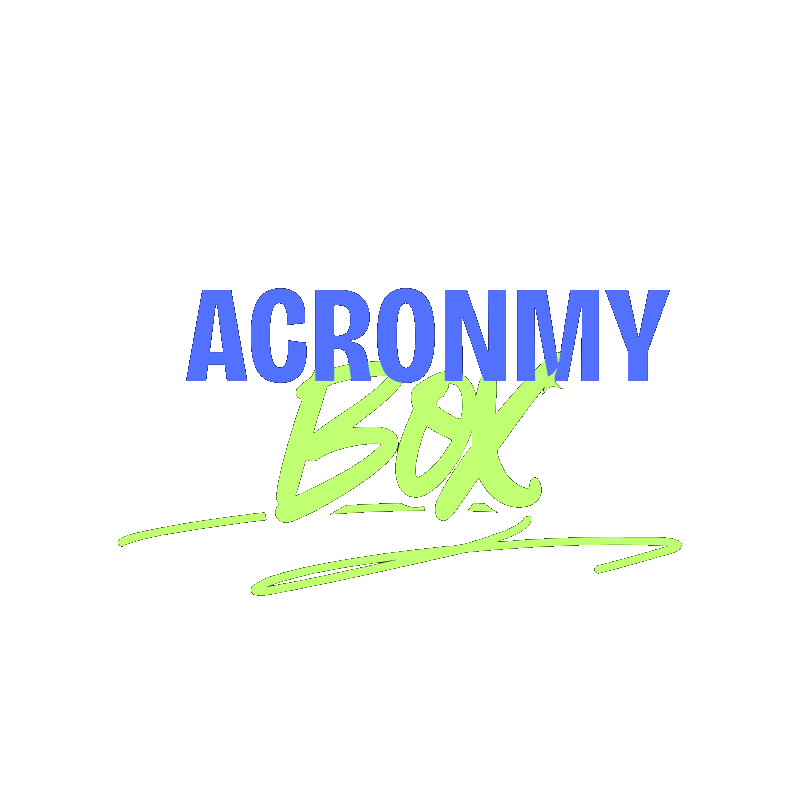When someone says, “I’m fine,” do they really mean it?
Often, “fine” hides a world of unspoken emotions. It can mean “I’m okay,” “I’m avoiding the truth,” or even “I don’t want to talk about it.” That’s why the phrase has taken on layered meanings—and why we’re diving into the FINE acronym meaning in this article.
One common (and cheeky) interpretation of FINE is:
F – Freaked out
I – Insecure
N – Neurotic
E – Emotional
Of course, that’s not the dictionary version—but it is a reflection of how people often use the word when they’re not ready to express how they truly feel.
So, let’s look deeper. This article explores 30 alternative acronyms, expressions, and synonyms for the word “fine”—each with a practical explanation and example. You’ll learn when to use each one depending on tone, context, and emotional nuance.
😐 What Does “FINE” Really Mean?
At face value, fine means:
- Acceptable – not great, not bad.
- Satisfactory – good enough, but unimpressive.
- Delicate or detailed – when describing objects (e.g., fine china).
- Financial penalty – in legal or civil use.
- Emotionally masked – often used when someone doesn’t want to talk.
In emotional or social settings, “fine” is often a placeholder for feelings that are hard to express. That’s why alternatives are helpful—they give us clarity, depth, and honesty.
💬 30 Alternatives to “FINE” (With Meaning & Examples)
Here are 30 ways to express what “fine” might really mean, depending on tone and situation.
1. Okay
Neutral; not great, not terrible.
“I’m okay—just tired.”
2. Alright
Similar to “okay,” but more casual.
“Things are alright, thanks for asking.”
3. So-so
Mediocre; in the middle.
“My day was so-so—nothing special.”
4. Decent
Adequate or satisfactory.
“The movie was decent, but not amazing.”
5. Stable
Emotionally or mentally steady.
“After the therapy sessions, she’s feeling stable again.”
6. Calm
Peaceful and emotionally settled.
“He seems calm after the argument.”
7. Content
Quietly satisfied.
“I’m not thrilled, but I’m content.”
8. Numb
Emotionally unresponsive or disconnected.
“I told her I was fine, but really, I felt numb.”
9. Tired
Physically or emotionally worn out.
“I’m fine, just tired.” (We’ve all said this one.)
10. Overwhelmed
Feeling too much at once.
“She said she was fine, but her tone sounded overwhelmed.”
11. Irritated
Slightly annoyed.
“Fine” might be masking irritation.
“I said I was fine, but I was clearly irritated.”
12. Anxious
Worried or uneasy.
“He didn’t want to admit he was anxious.”
13. Disappointed
Let down or sad.
“She smiled and said she was fine, but her eyes showed disappointment.”
14. Unsettled
Mentally or emotionally off-balance.
“He felt unsettled after the conversation.”
15. Suppressing
Holding emotions back.
“She’s fine on the outside but suppressing a lot.”
16. Avoiding
Not dealing with real emotions.
“Saying ‘fine’ is a way of avoiding the truth.”
17. Pretending
Faking calmness.
“He was pretending everything was fine.”
18. Unbothered
Detached or unaffected (can be sarcastic).
“Yeah, I’m totally fine. Not bothered at all.”
19. Composed
Externally calm, even under stress.
“She remained composed during the interview.”
20. Masking
Hiding true feelings behind a front.
“He said he was fine, but it felt like he was masking pain.”
21. Fragile
Easily breakable emotionally.
“Her voice said ‘fine,’ but she looked fragile.”
22. Peaceful
Genuinely calm and balanced.
“After the retreat, I felt peaceful—not just fine.”
23. Resigned
Accepting something unpleasant.
“He said he was fine, but he sounded resigned.”
24. Balanced
Even-minded and emotionally steady.
“She’s in a balanced space right now.”
25. Conflicted
Having mixed emotions.
“I said I was fine, but I was deeply conflicted.”
26. Grateful
Genuinely appreciative.
“I’m doing fine—and really grateful today.”
27. Healing
In recovery—physically or emotionally.
“I’m not great, but I’m healing.”
28. Disconnected
Emotionally distant or detached.
“Fine” sometimes means emotionally checked out.
“I didn’t feel anything—I was disconnected.”
29. Holding on
Barely managing.
“He kept saying he was fine, but he was just holding on.”
30. Trying
Making an effort to cope.
“I’m fine—just trying to get through the day.”
🧭 How to Choose the Right “Fine” Alternative
Use the emotional depth of the moment to guide your word choice:
| If you mean… | Use this word |
| Neutral/okay | Alright, decent, so-so |
| Hidden stress | Numb, suppressing, masking |
| Emotional honesty | Tired, overwhelmed, healing |
| Avoidance/deflection | Pretending, avoiding |
| Positive balance | Content, peaceful, grateful |
| Struggling quietly | Holding on, fragile, trying |
🌍 Cultural and Emotional Nuance
In some cultures, saying “I’m fine” is just a polite reflex, not an emotional indicator. In others, it might be a way to avoid burdening others.
Knowing when to press gently or respect emotional boundaries matters. Listen for tone, body language, and context. Sometimes, “fine” needs no decoding. Other times, it’s a cry for help behind a smile.
✅ Conclusion: Say What You Really Mean
The next time someone says they’re “fine,” consider what might be behind it—or whether you use the word to hide how you really feel.
Language gives us options. Whether you’re writing dialogue, journaling, or just talking to someone you care about, choosing the right alternative to “fine” can open up real understanding.
Don’t settle for fine. Say what you mean—or learn to hear what isn’t being said.




